Quzonggong, literally a place where two rivers meet, is located in the northernmost area of Baima Snow Mountain National Nature Reserve in northwest Yunnan. Now, in April, it is getting verdant after a long cold winter. 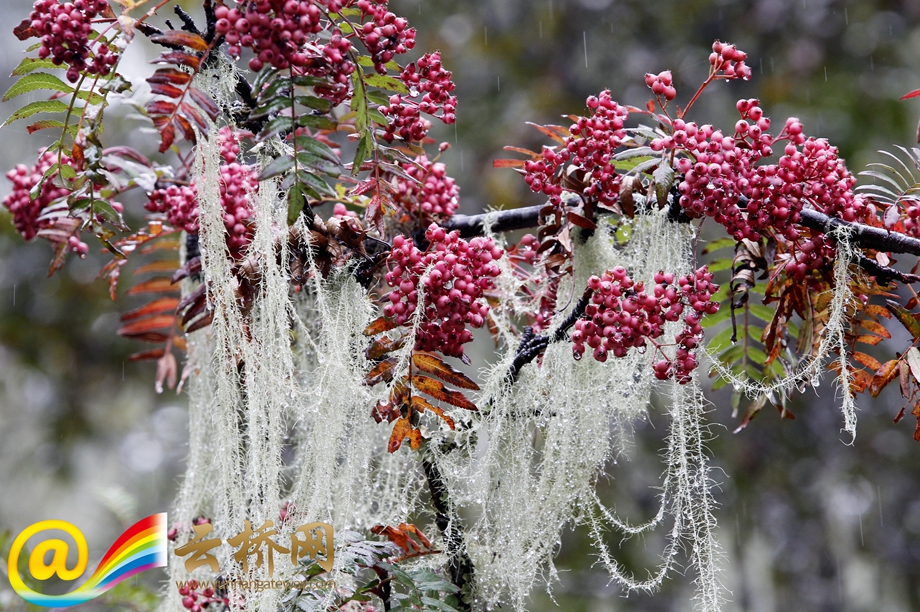
"Here we have not only Yunnan snub-nosed monkeys but also leopards," said our guide Tibu, a ranger of the Baima Snow Mountain National Nature Reserve.
Along the way, the rivers, meadows and forests were serene and peaceful, and we occasionally saw monkeys jumping from branch to branch. “Many people live in the vast nature reserve and the roads extend in all directions, increasing difficulty of protection,” said Tibu. In Quzonggong, there used to be fewer than a dozen rangers. Patrolling on foot, they could only cover a small area every day. 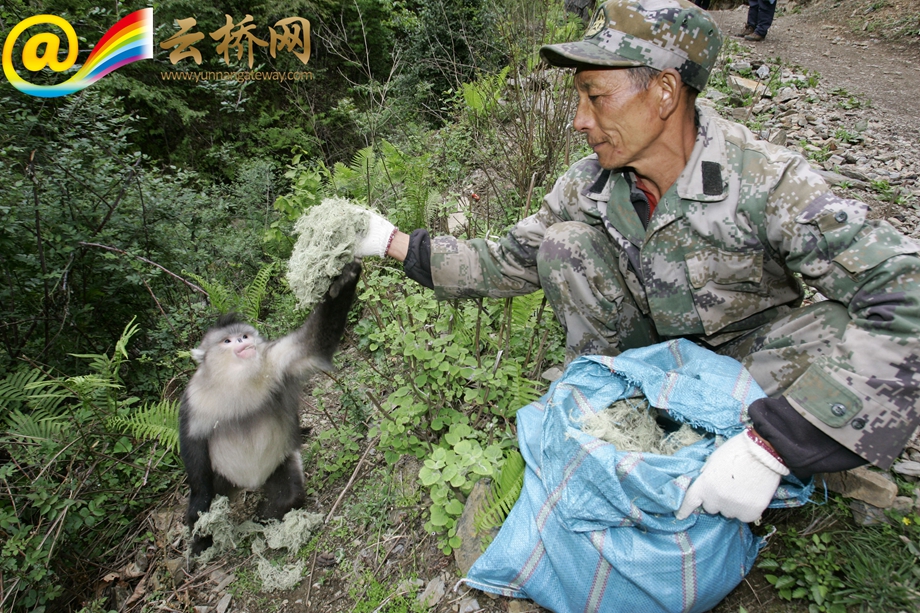
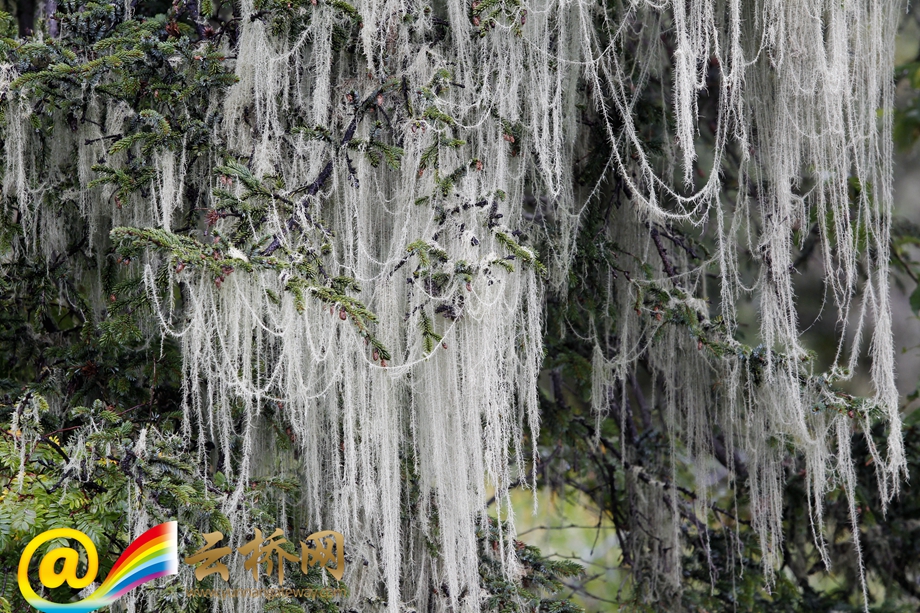
In 2011, the nature reserve began to adopt infrared cameras to monitor the roads where there are dense vegetation and more wildlife and human activities. Over the past seven years, with the help of infrared cameras, Tibu has captured a variety of wildlife and their activities. He has even taken some photos and videos of rare animals such as sambar deer and leopards for the first time. The activities of leopards and other national first-class protected animals in the nature reserve indicate that the protection of wildlife has been improving here. “The technology helps, but we must rely on the public to prevent poaching.” In Cikatong, Tibu and his colleagues help the villagers do farm work in their spare time and lend hands to the needy. 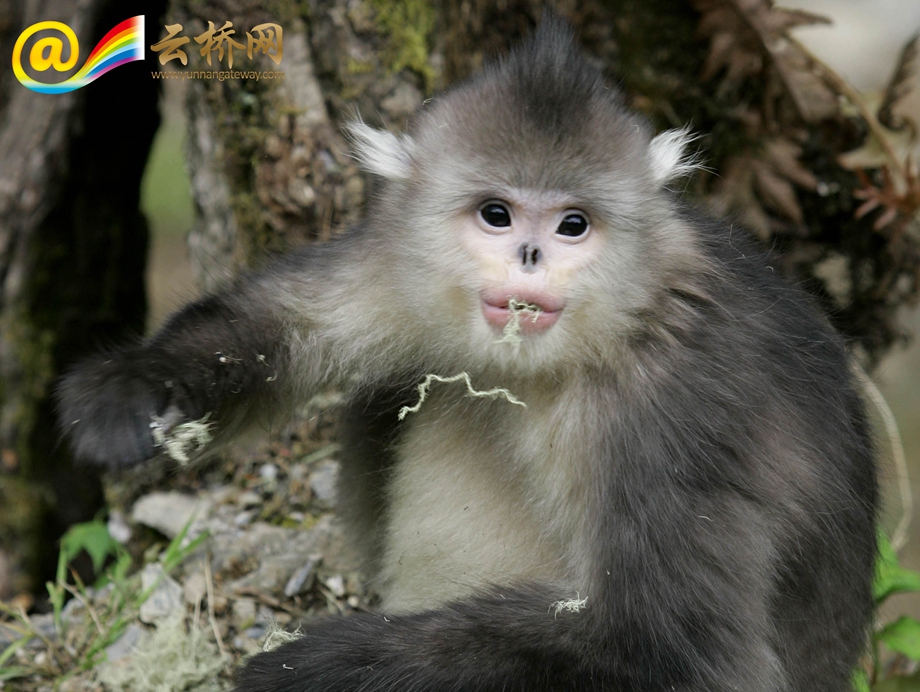
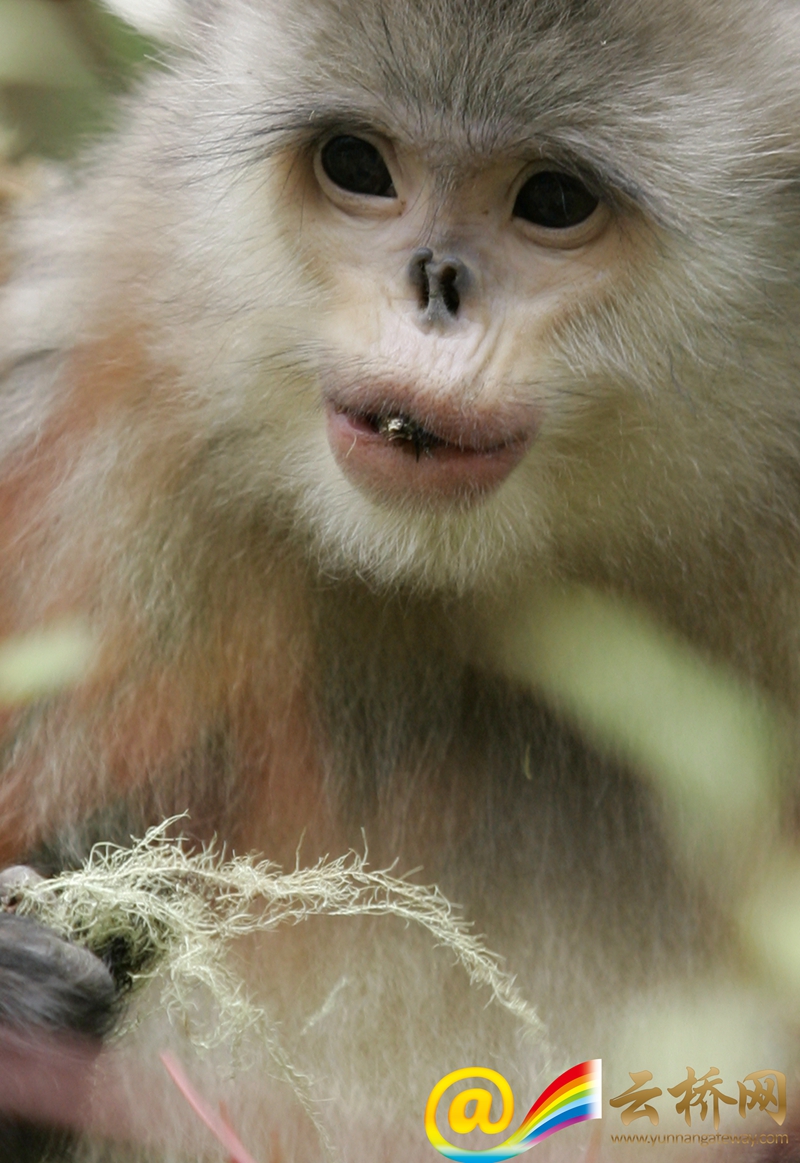
Here the villagers live on separate hills. Albeit it takes a long time to go from one hill to another, Tibu never turns down the request of any villager and is almost always on the mountain road. In the past five years, he has paid over 5,000 visits to the villagers' houses, helping them raise domestic animals in a scientific manner and solve other problems for them. "Tibu is so kind. How can I have the heart to poach?" said a villager by the name of Dengba. Thanks to Tibu's efforts, poaching and illegal logging reduced significantly in Cikatong. Now most of the villagers treat the nature reserve as their own home and actively improve the local living conditions and ecosystems. 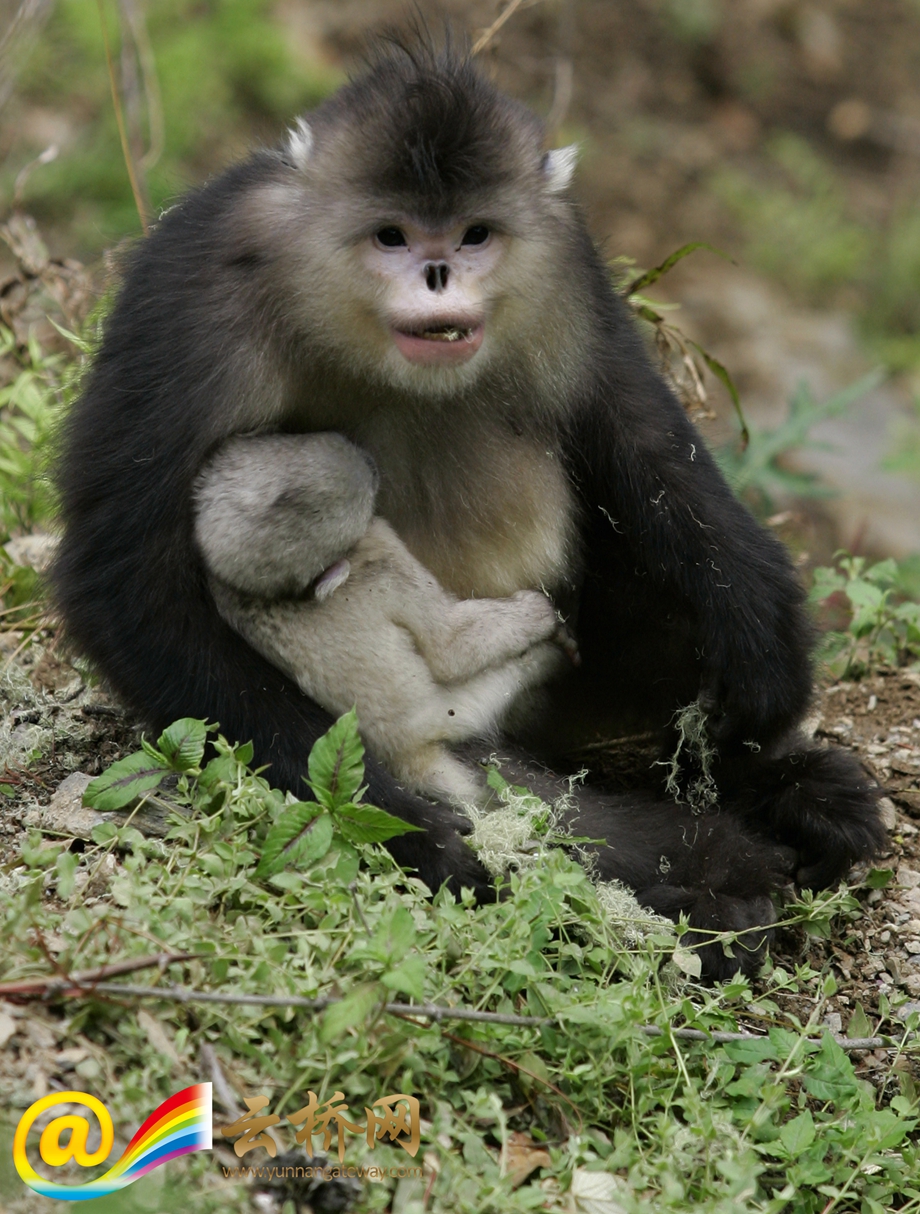
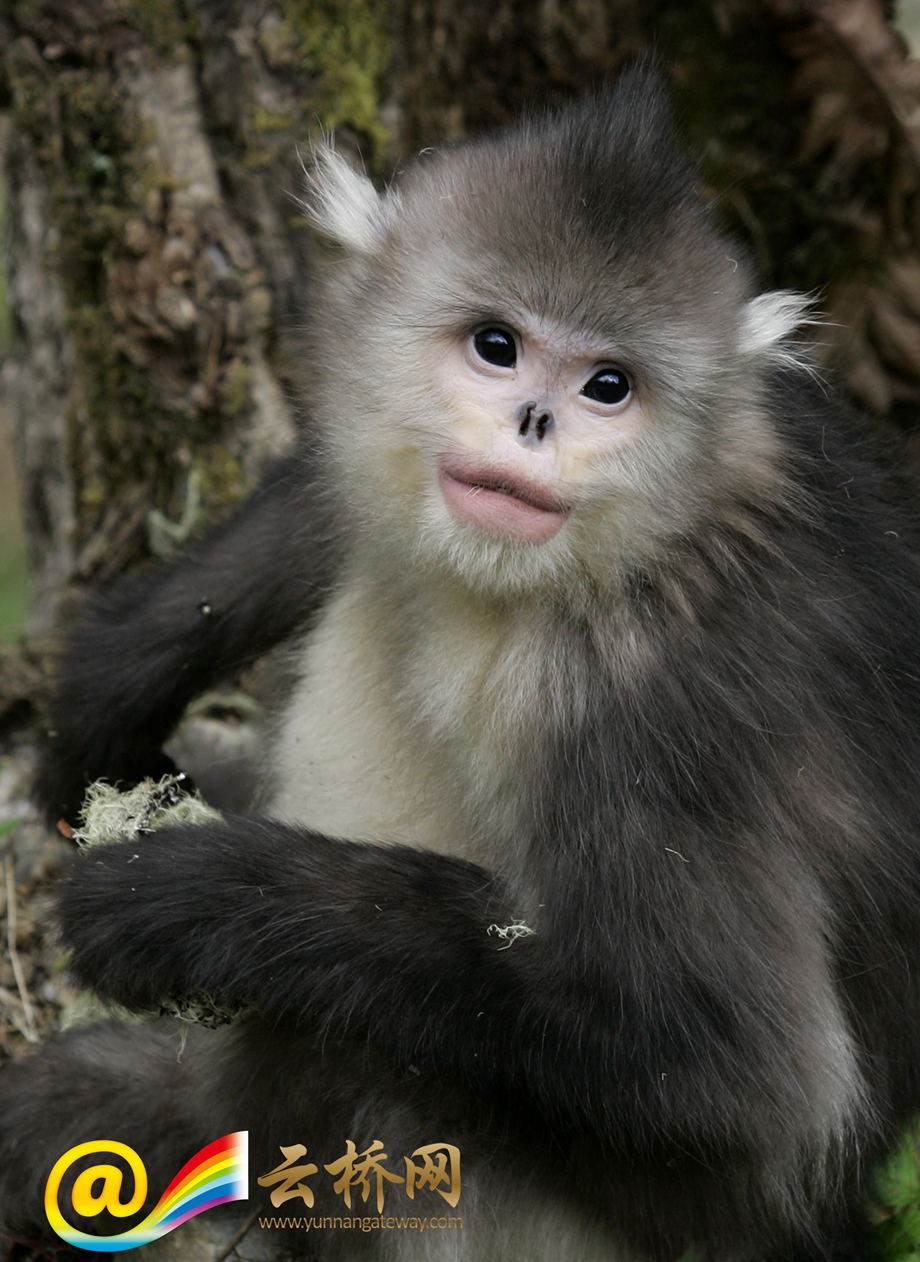
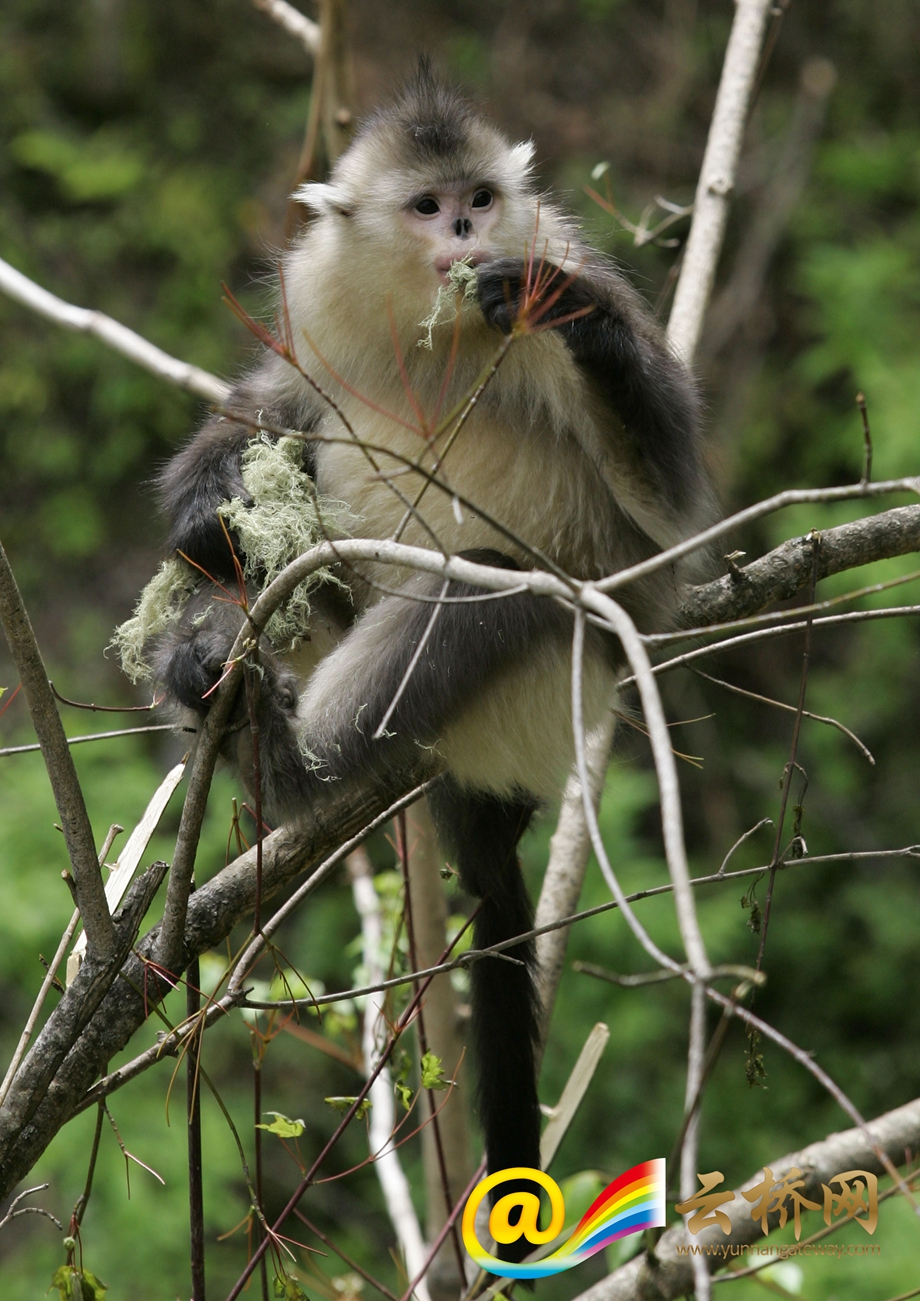
(Text by Zhang Fan; Photos by Yang Zheng)
|













7740f3b5-9ecb-438e-9052-76cb2d4bb671.jpg)

